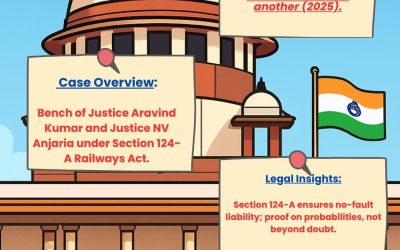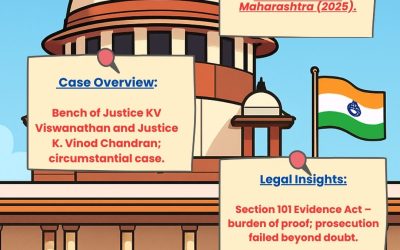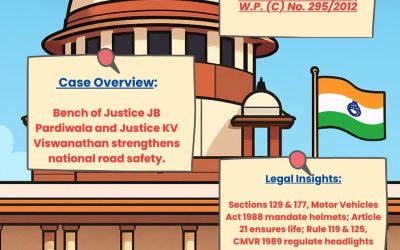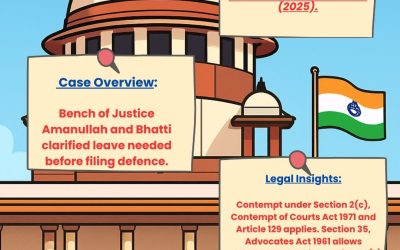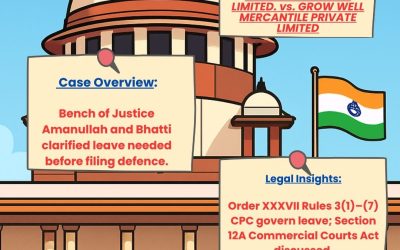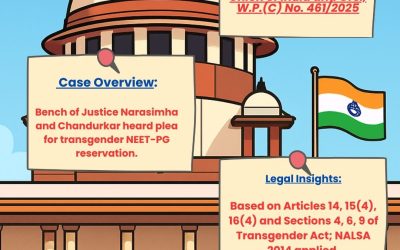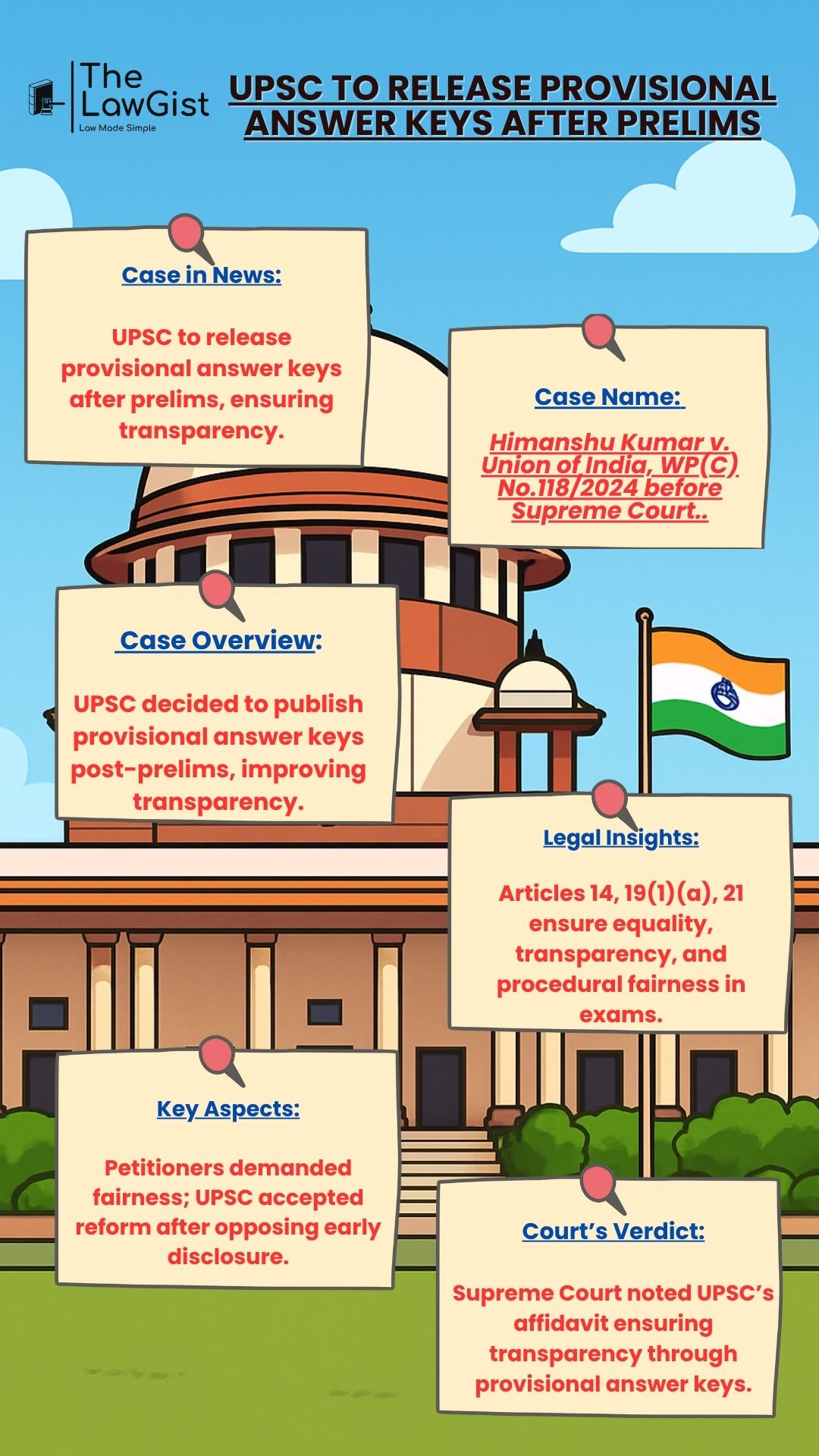
Case in NewsUPSC to release provisional answer keys after prelims, marking a major step towards transparency in the Civil Services Examination process . |
Discover powerful Latin Maxims and simplify complex legal terms in seconds.
Case Overview
Case Name: Himanshu Kumar and Others vs. Union of India and Others | WP(C) No.118/2024
The Union Public Service Commission (UPSC) has informed the Supreme Court of India of its decision to release provisional answer keys immediately after conducting the Civil Services Preliminary Examination . This decision was communicated through an affidavit filed in response to a 2024 writ petition seeking greater transparency in the UPSC examination process . The case is scheduled to be heard by a bench comprising Justice P.S. Narasimha and Justice A.S. Chandurkar on October 6, 2025 .
Step into the world of justice with Courtroom Chronicles
Key Aspects
The case revolves around transparency, accountability and fairness in the UPSC Civil Services Examination process . Petitioners argued that delayed disclosure of answer keys deprived candidates of vital information and the ability to challenge discrepancies . The issue raised questions regarding procedural fairness in one of India’s most competitive examinations .
- The petitioners challenged UPSC’s old practice of releasing answer keys only after final results .
- They claimed this deprived candidates of knowing whether they were fairly evaluated .
- Amicus Curiae, Senior Advocate Jaideep Gupta, suggested publishing provisional answer keys right after prelims .
- Initially opposing the idea, UPSC later took a “conscious and well-considered decision” to publish them post-prelims for transparency .
Legal Insights
This case highlights the balance between administrative discretion and constitutional guarantees under the Indian legal system . The petitioners relied on constitutional and statutory provisions to ensure fairness and access to information in public examinations .
- Article 14 of the Indian Constitution – guarantees equality before law; secrecy in evaluation was alleged to be arbitrary .
- Article 19(1)(a) – protects the right to information, implying that candidates have a right to know the basis of evaluation .
- Article 21 – ensures fairness in procedure; non-disclosure of answer keys violates procedural due process .
- Judicial Review (Article 32 & 226) – empowers courts to examine administrative actions for fairness and reasonableness .
Court’s Verdict
The Supreme Court of India took note of the UPSC’s affidavit, which assured that provisional answer keys will now be released immediately after the preliminary examination followed by an objection window for candidates . This reform, the Court observed, would enhance transparency, address candidate grievances and ensure accountability in the evaluation process .
Source – Supreme Court of India
Read also – Indian Constitution
The LawGist ensures exam success with quality notes—TPL, Current Affairs, Recent Judgments, and more. Backed by trusted resources and videos, The LawGist is every aspirant’s first choice. Discover more at thelawgist.org.


